Nigerian cities with a sizable portion of the country’s most well-off groups aren’t too hard to tell. Talk of municipalities with pockets of the continent’s business moguls, entrepreneurs, expatriates, industries, jobs, branded goods-consuming class, and youth population.
RELATED: Lagos Airport Arrival: 10 Burning Questions Answered
Most of the largest West African cities are in Nigeria. Over 50% of Nigeria’s population lives in urban areas (as of 2019). The West African country will urbanize faster than its peers in the coming decade. Her urban dwellers should – give or take – have surged to some 60% by 2030.
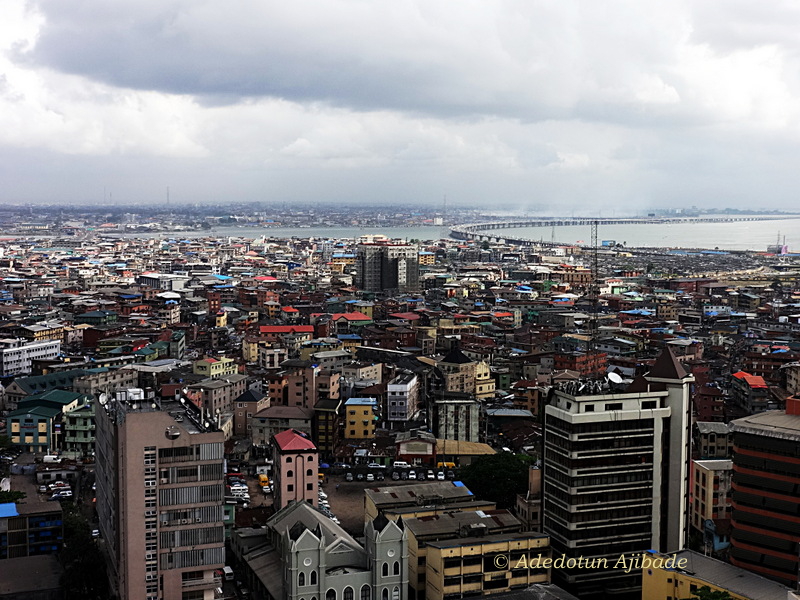
We’ve sought to, meaningfully, rate affluent Nigerian cities by breaking up her population into separate income cutoff points, lower (below NGN250K), middle (between NGN250K and NGN750K), and upper (above NGN750K) classes – As Per C-GIDD; Canback analysis.
That you currently live in any of these Nigerian cities doesn’t mean you should be there. What’s your current budget for each month and are you keen on opportunities, to do better? Have you ever sought more interesting hot spots to hang out? How much do you like meeting new people? Do you place significant value on peaceful dwelling? One of these Nigerian cities will fit your bill if you’ve answered ‘yes’ to one or two of these questions.
Port Harcourt
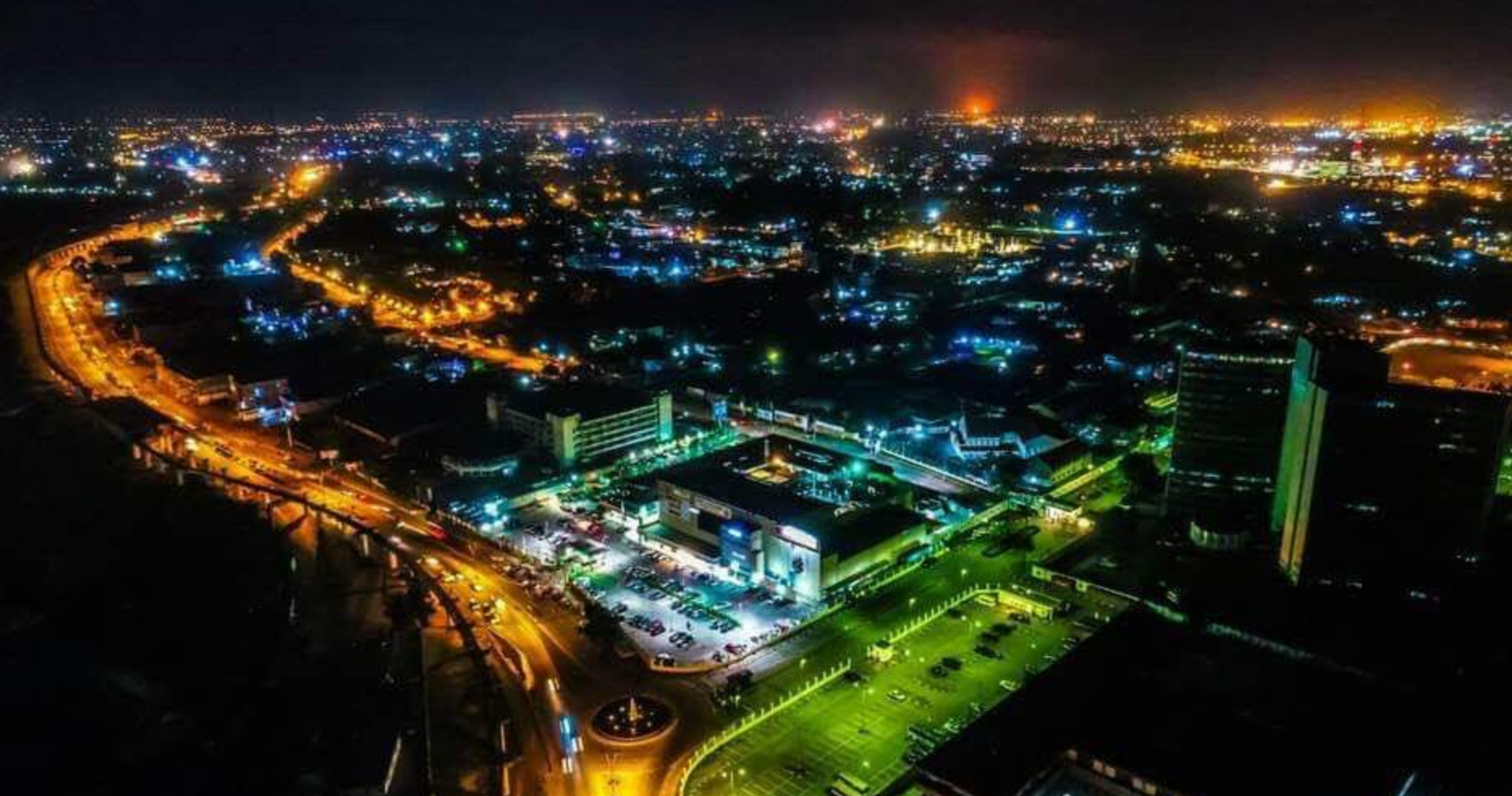
Port Harcourt has the highest (80%) share of high net-worth (above NGN 750, 000 annual income) individuals (HNWI), considering ‘wealth per person’ across Nigerian cities. Cities with low population densities such as the oil-rich state and neighbouring Uyo, have higher shares of wealth per capita, compared to the densely populated others.
But for an economy that relies heavily on oil exports amidst an underdeveloped port infrastructure, you don’t expect to be at the same pace of development as Lagos (solid standing as per internally generated revenue). Pitakwa’s real estate is, on the other hand, ‘overvalued’. Talk of apartments priced as high as what you get in Lagos/Abuja but far off in quality.
RELATED: New Nigeria Visa Policy (NVP)
Port Harcourt is a very liveable and walkable city, compared to most of its peers. Food, transportation and lifestyle aren’t expensive. There are plenty of jobs and skills acquisition opportunities. Great city to raise as many kids as possible with friendly people. With a slim fraction of its population considered lower class, Port Harcourt will be exceptional, if you’re keen on a considerable standard of living without the aversion to jumpy city life.
Ibadan
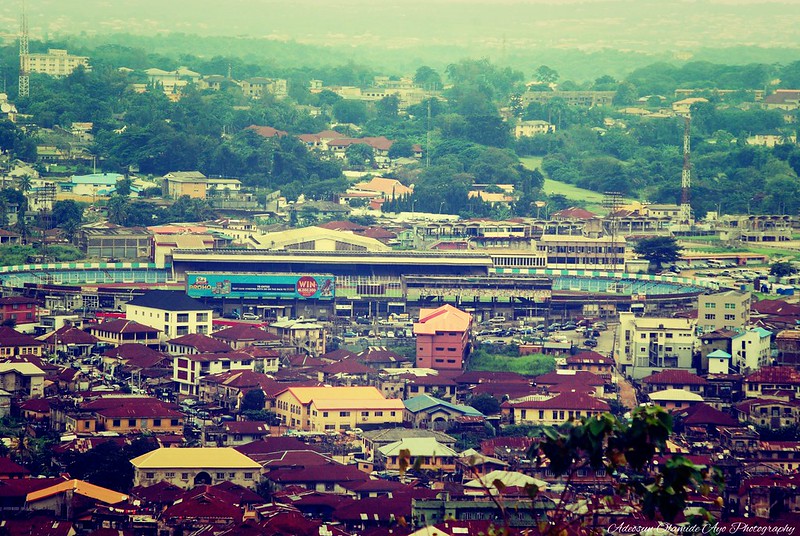
Share of the well-to-do population by income bracket in the city of Ibadan is considerable, with just 3% of her inhabitants earning less than NGN 250,000 per anum.
The current administration will like to lure a ‘productive set’ of Lagosians to Ibadan. Ibadan will work perfectly well if you see fit the need to save more on accommodation, lead a modest and stress-free life, and raise a family next to several major academic institutions.
It isn’t easy, finding jobs in Ibadan compared to a handful of other Nigerian cities. Even so, the likelihood of living here and earning in Lagos makes the ancient city an attractive option, when the standard gauge Lagos-Ibadan railway line project is fully operational. The turbo-charged trains will operate at a maximum speed of 150 km/h. Also, there are plans to expand the runway of Ibadan Airport. In the hope that residents don’t have to travel down to Lagos for flights out of Nigeria.
Uyo
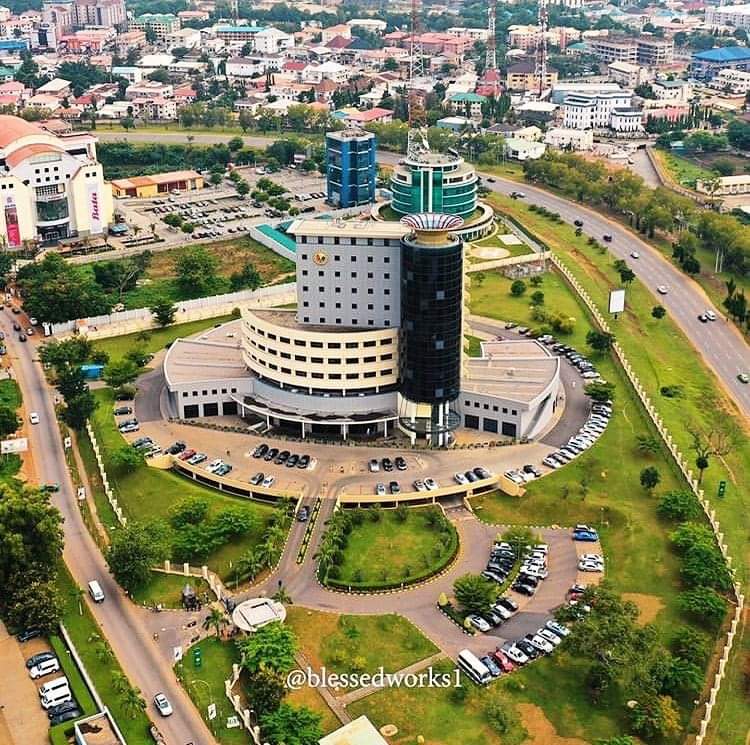
Uyo had a higher (60%) share of high-net-worth consumers than the industry-oriented Aba (59%) in 2019. Her residents either work in public or private institutions or with firms. Others are into craft making, catering and transportation business.
A breathtaking city with an astounding number of emerging infrastructures; clean as a new pin, Uyo is the envy of neighbouring Aba and Port-Harcourt where sanitation and eco-friendly environmental conditions are yardsticks.
Transportation within different areas is easy, courtesy of much-improved road infrastructure. Services play a significant role in the state’s economy, yet it’s witnessing a new industrial outlook. Small and medium-scale businesses thrive in Uyo, where almost every community has a mini-market. There’s an abundance of underutilised fertile land for agriculture and agro-allied businesses. With a good number of high-income spenders, you had better relocated to Uyo, if you crave state-of-the-art infrastructures and low cost of living.
Lagos
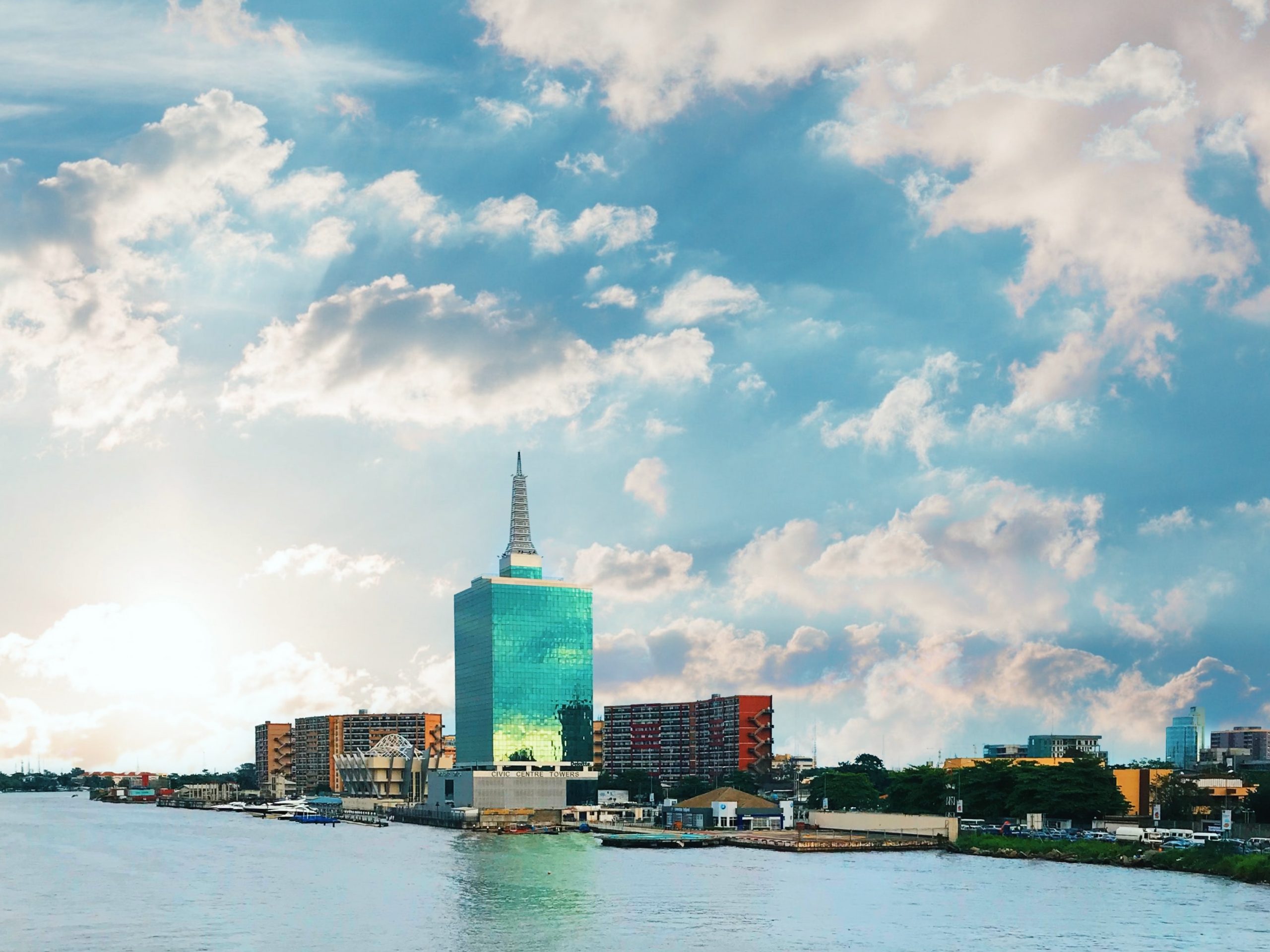
Lagos has the highest branded goods-consuming class (lower middle class and above) in Nigeria but isn’t as attractive as Port Harcourt, considering wealth per person.
Lagos is one of Africa’s wealthiest cities with an expanding demographics of Nigeria’s wealthy elites. If it were a country, it will, nonetheless, thrive among the most successful African economies. But do you need an alarm to wake your sleep, have meals in notorious traffic while commuting a city set apart in miles or take chill pills to deal with area boys and landlords?
RELATED: 6 Fun Things To Do In Lagos That Are FREE
Lagos is a viable market for services, real estates, fast-moving consumer goods, import and export. Ease of doing business – amongst other factors – lures tens of millions of Nigerians to the erstwhile capital city. On the negative side, a spiralling population, underutilised water resources, irregular power supply, and crime, leaves a little to be desired of the city. Lagos plausibly owes its premium to the residence of the upper class, yet suffers the same problems that afflict the country – stagnant per capita income growth. The lower-middle-class is the only branch of her socioeconomic status witnessing significant growth.
The income of the upper and upper-middle classes is nearly 12 times that of the lowest decile in Nigeria.
C-GIDD; Canback analysis
Abuja
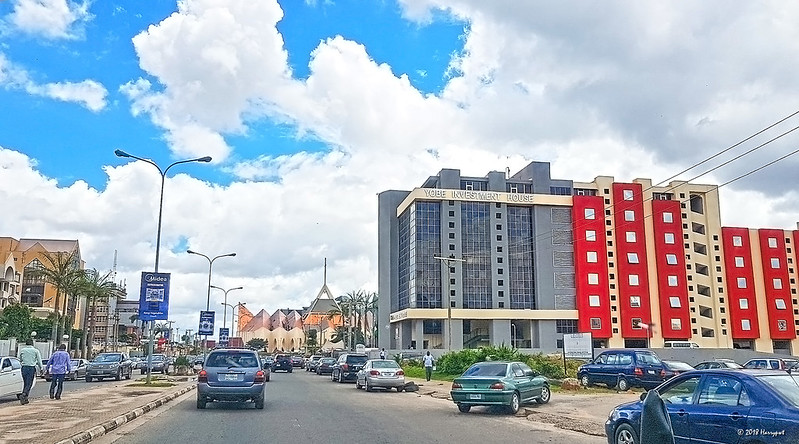
Abuja has a higher share of high-net-worth (above NGN 750, 000 annual income) earners than the northern cities of Yola and Kano combined.
Cost of living can be expensive, especially if you want to stay in districts like Maitama, Asokoro, Wuse, Garki, or Gwarimpa. Driving in Abuja isn’t as crazy and carefree as Lagos, thanks to largely reliable access roads and strict driving laws. For this reason, it’s easier to commute to the city centre (where jobs and businesses are more lucrative) from the suburbs (where accommodation are much more affordable) without discomfort. Transportation is quite affordable
RELATED: 48 Hours in Abuja - Interesting Things to Do in Nigeria's Capital City
While in the city, you need not look too far to find the noticeable wealth gap in the country. Amid riches lies poverty. Laidback ambience, verdant landscape, a hint of affluence everywhere. At the same time, roughly 40% of her citizens can’t boast a yearly income to meet a living wage. An outstanding city to live and work, but the market isn’t so large to accommodate so many.
Jos
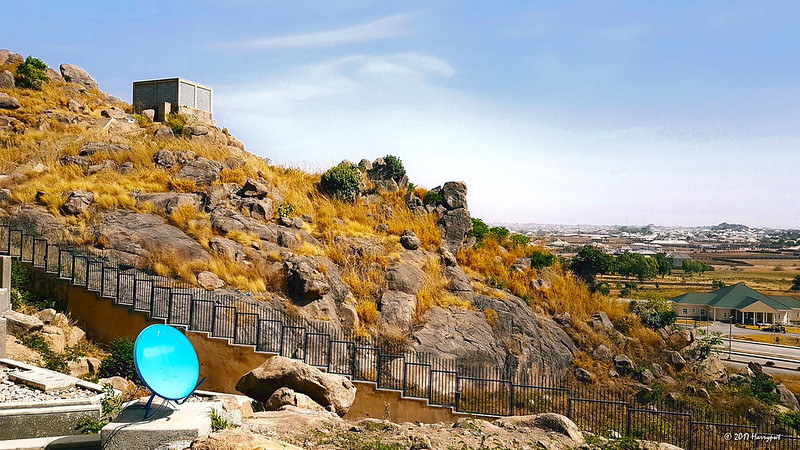
56% of Jos income earners live on more than NGN 750,000 per anum
Jos is a scenic and iconic city. The warmth charms you until you realise there’s more to it, beyond year-round chilly weather. The Plateau state capital is one of the best places to raise kids, with far-reaching sports adoption programmes. Food and accommodation are cheap to a fault, and there’s substantial power supply. Jos people are hospitable and accommodate both expatriates and locals without bias. There are rock hills all around the city for hiking and other physical expeditions.
A young professional who, probably, finds a good offer in the city, should move over for some peace. But the beauty, calm and hospitality have been dented in recent times. Reduced to a terror zone of sorts for about two decades, the most Westernized city in Northern Nigeria may not have the same fascination as of old. Then again, living in Jos remains an enjoyable experience.
Kaduna
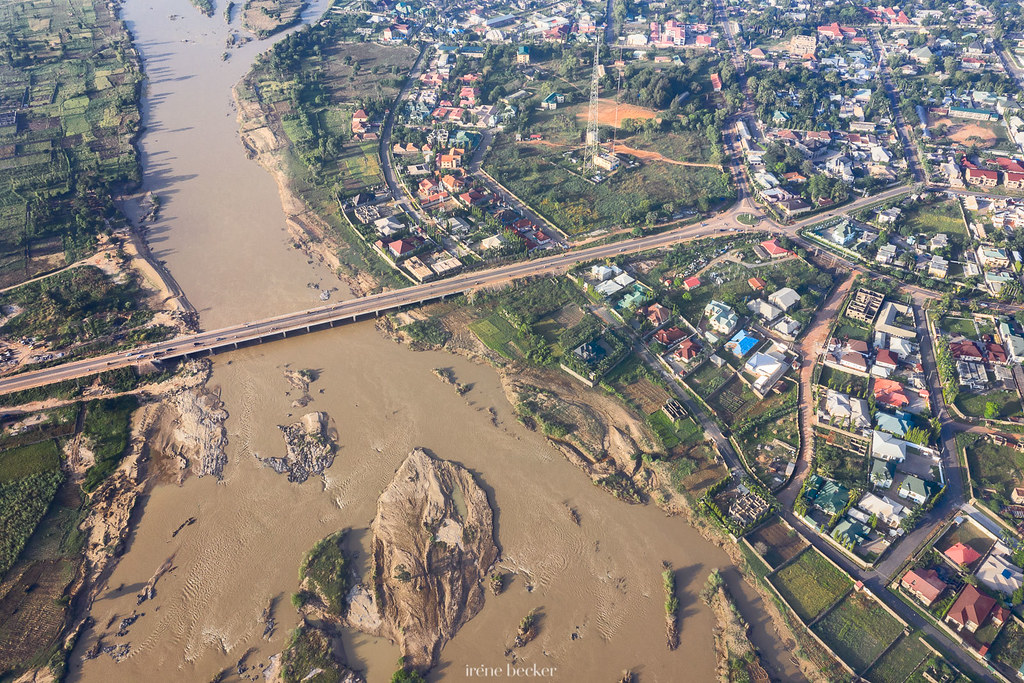
The population of the marginalised class in Kaduna (5% of all the income brackets) is smaller than that of Kano (16% of all the income brackets)
Kaduna is another cosmopolitan city in northern Nigeria. It has fewer infrastructures despite a good enough historical influence (first and last administrative headquarter of Northern Nigeria). It’s, notwithstanding, one of the main metropolia that encourage women empowerment (especially in entrepreneurship and education).
The city is a much more conducive option for the lower socioeconomic decile. You could set up businesses with fewer constraints like housing, transportation, and land use for agro-allied and other money-yielding purposes. It’s a neighbouring city to Kano – a major commercial hub in Subsaharan Africa. Not one with an abundance of social and leisure activities (bar the chic appeal of Kajuru Castle). But one with high-ranking higher institutions of learning.
Owerri
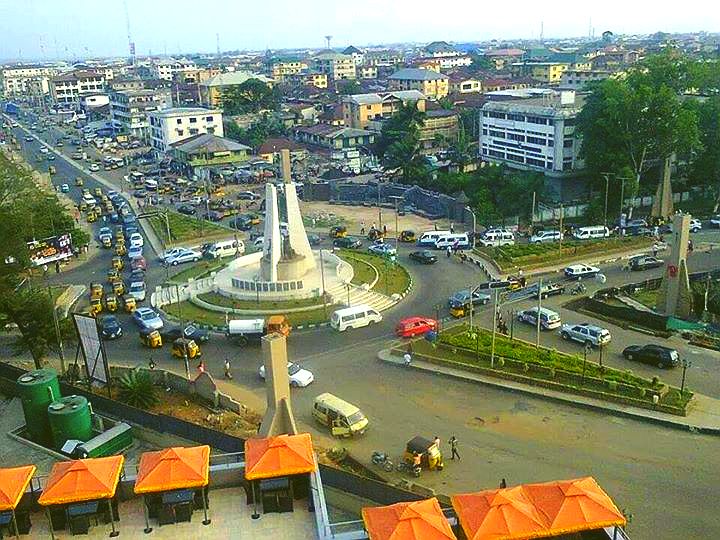
Political instability is among the serious challenges faced in Owerri in recent times
Owerri is one of the most peaceful cities in Nigeria. A liberal society, with good food and affordable accommodation. It is also one of several parts of Igboland to have set high standards in education, entrepreneurship and entertainment.
RELATED: Top 5 Restaurants for Best Seafood in Lagos
The city has sufficient road network, thanks to its current facelift. It has outstanding hotels, high street casinos, production studios and state-of-the-art leisure centres. Owerri, like other south-eastern states, has a reasonable market for palm oil production. A green city with extraordinary young talents.
Benin City
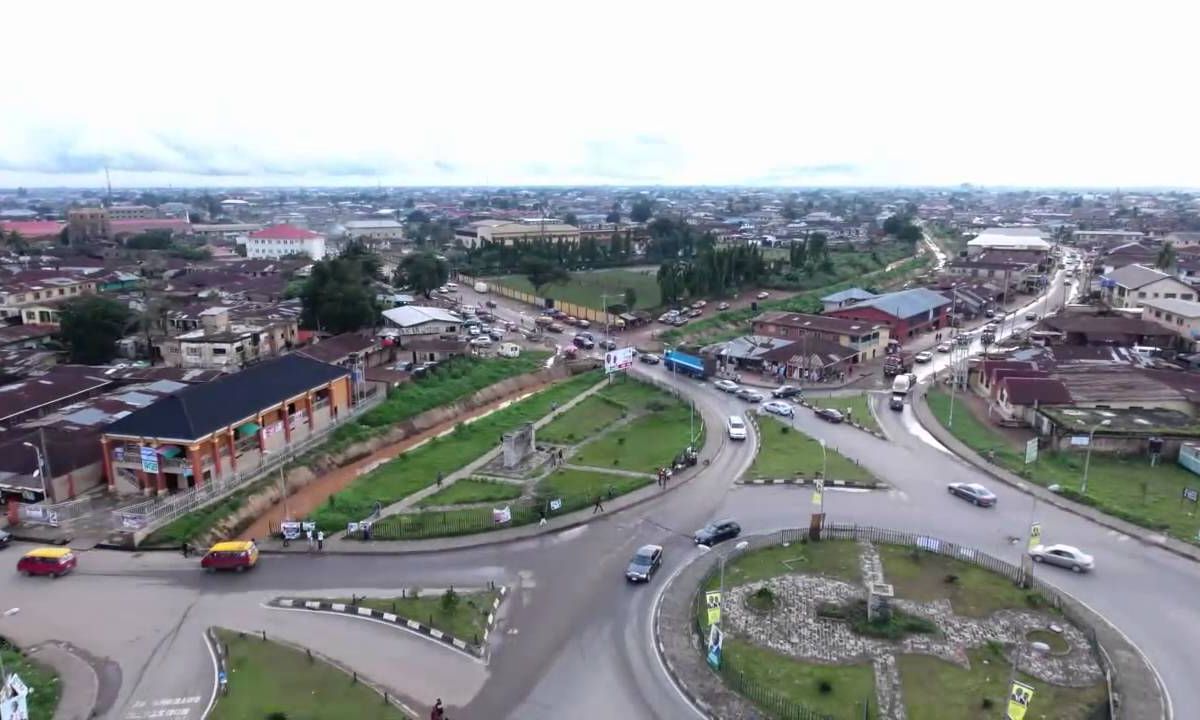
Half of the population of Benin City are segmented under the Upper income bracket
Benin is one of few Nigerian cities with laudable cultural values (probably at the same level as Ife). From the National Museum to the Oba of Benin palace, Gele Gele Sea Port to Igue Festival, the ancient city has lots of attractions that delight both tourists and locals.
The cost of living is low, compared to other Nigerian cities. For the most part, there is a copious opportunity for fun and social interactions in the city. Job opportunities are considerably limited. It’s, on the other hand, strategically located (a gateway to every other region in Nigeria) and that could play to your advantage.
Enugu
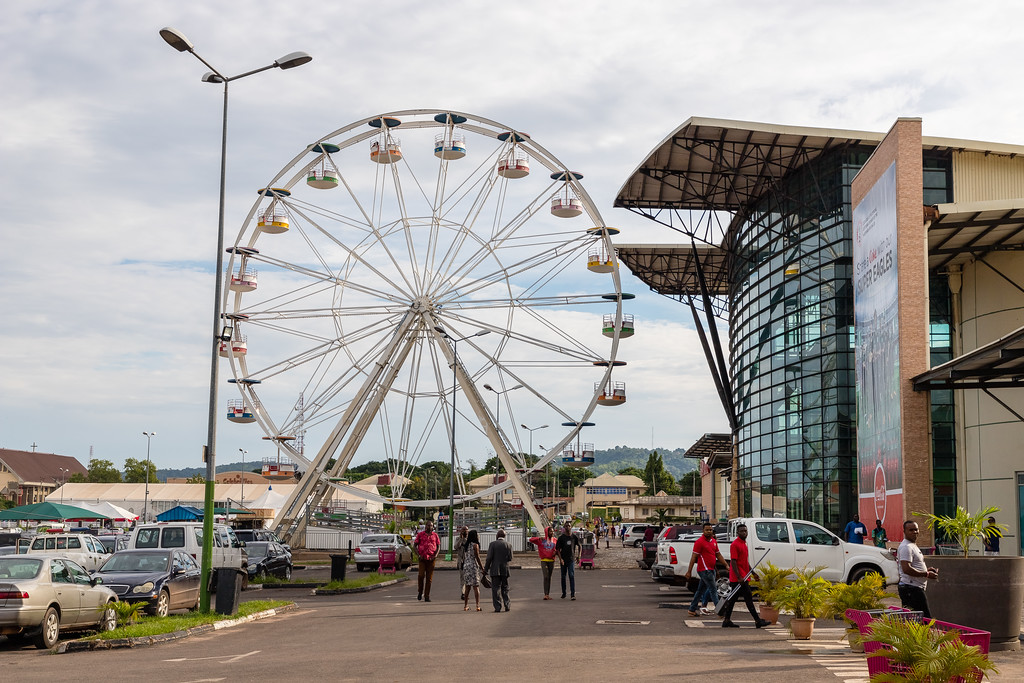
Enugu has potentials for business if properly channeled
Though largely ignored, Enugu has potentials for real estate market. Public transportation (coal city shuttle, taxis and tricycles) is much affordable. The south-eastern city has a reputation for great fun and entertainment; good food scene, safety, and vast markets.
There’s this relative ease of doing business in the capital of the old Eastern region. E-Commerce and contemporary retail outlets have spread throughout the city, powered by the best of Africa’s ventures and entrepreneurs. Enugu may be far from its potentials, but good enough to welcome every open-minded Nigerian.

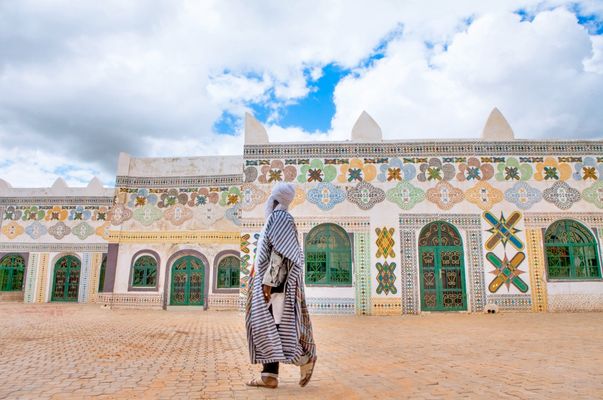

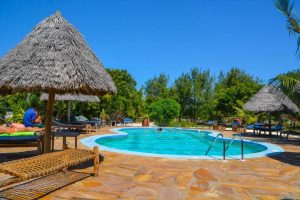


Deprecated: File Theme without comments.php is deprecated since version 3.0.0 with no alternative available. Please include a comments.php template in your theme. in /home/vectatravels/blog.vectatravels.com/wp-includes/functions.php on line 6121